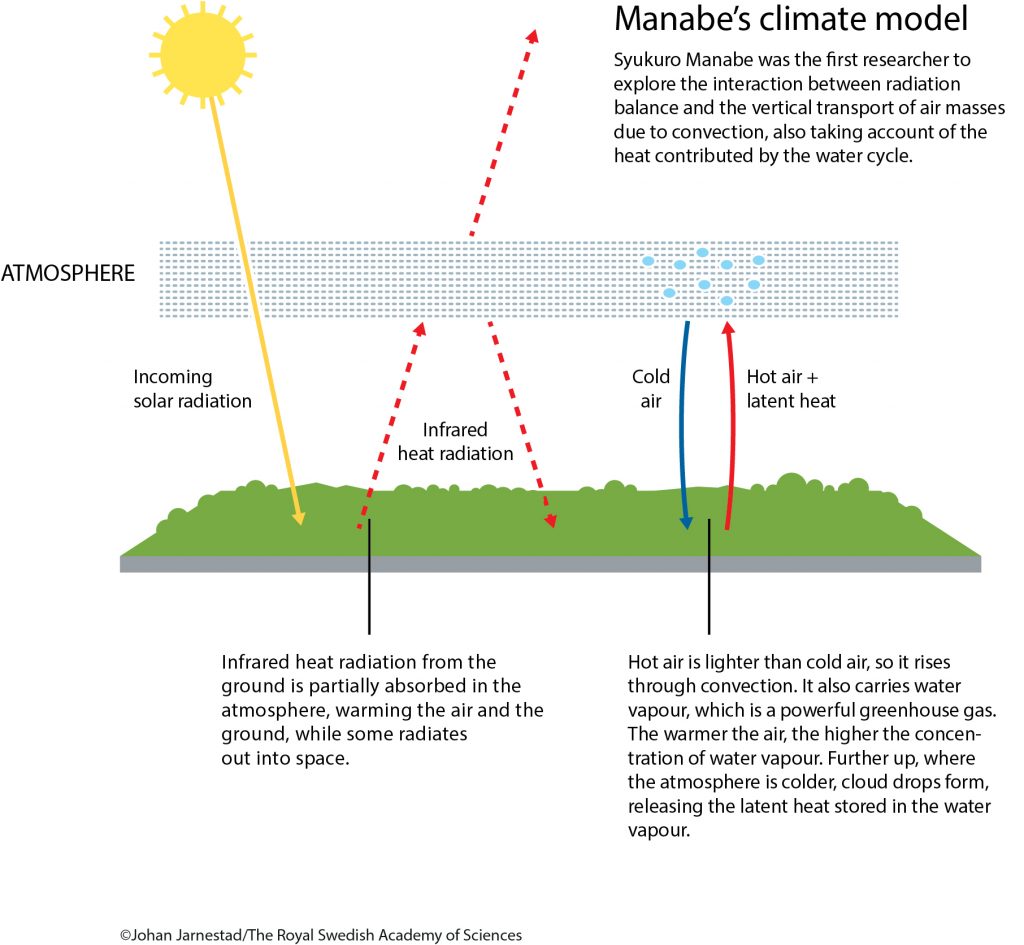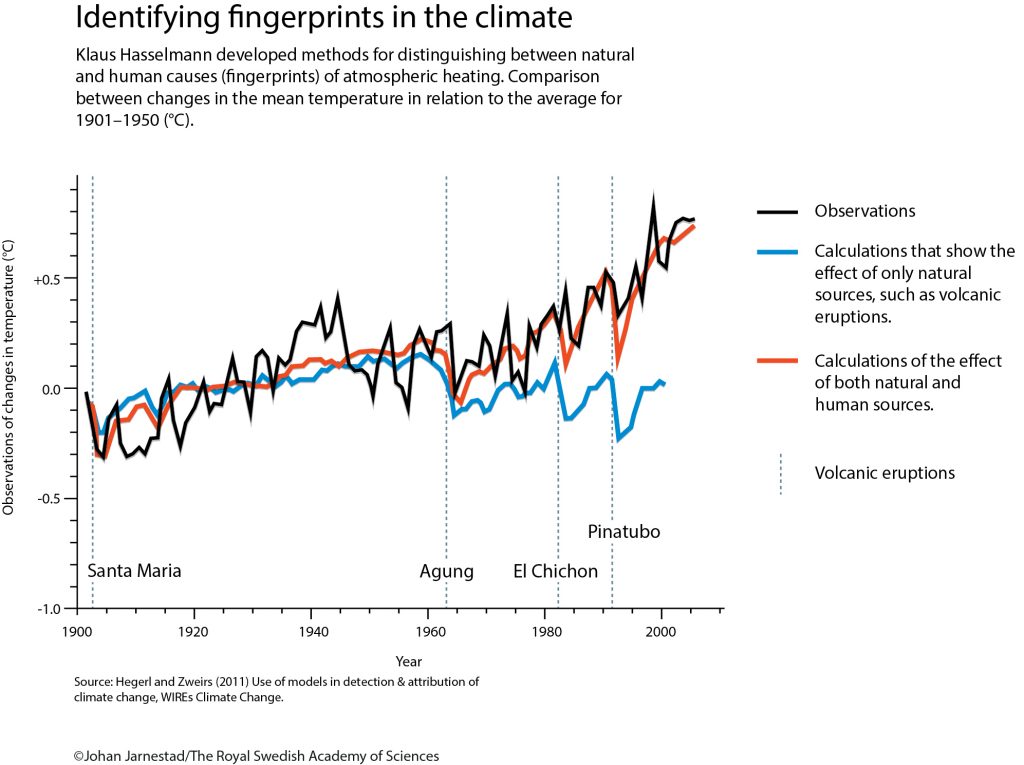“For groundbreaking contributions to our understanding of complex systems,” reads the press release for this year’s Nobel Prize in Physics, awarded to Syukuro Manabe, Klaus Hasselmann, and Giorgio Parisi. This one-clause summary of their work stands in stark contrast to those in previous years, like “for contributions to our understanding of the evolution of the universe and Earth’s place in the cosmos” or “for the discovery of Giant Magnetoresistance.” Those other ones sound really physics-y, but this seems so… straightforward. In some ways it is, but that doesn’t mean the research that went into it isn’t enormously impactful.
Parisi’s work that earned him his share of half the prize makes one think that he might have more hours in the day than the rest of us. He has applied statistical physics to every field one can imagine, from string theory to biology to how animals herd and flock together. Notably, and in theme with the other two winners, he and a team of Italian physicists explained how random changes in the ocean and atmosphere can lead to large and prolonged changes in climate.

Manabe and Hasselmann’s work was more strictly climate-related. In the 60’s, Manabe was among the first to use 3D computer simulations to illustrate a variety of climate effects, most importantly that increased levels of carbon dioxide in the atmosphere could lead to increased global surface temperatures. Hasselmann followed that work about a decade later with research on ocean waves and climate dynamics, and he was one of the first to develop a model finally uniting long-term climate and short-term weather, and showed that the combination of human and natural events leads to temperature increase. The work that each of them did is nothing short of foundational in climate research.

This year’s prize is the first awarded to climate research– a sobering reminder of the perils of global climate change, especially considering scientists have rigorously studied it for over half a century. Like they said in the press release, our global climate is a complex system, and climate change in turn is a complex problem. On what the solution is, even these newly minted Nobel Laureates don’t have all the answers. But for some hope, we can look to a quote from Hasselmann himself: “it is quite possible to respond to and solve the climate problem without a major impact on our way of life.”
Peer Editor: Haley Plaas